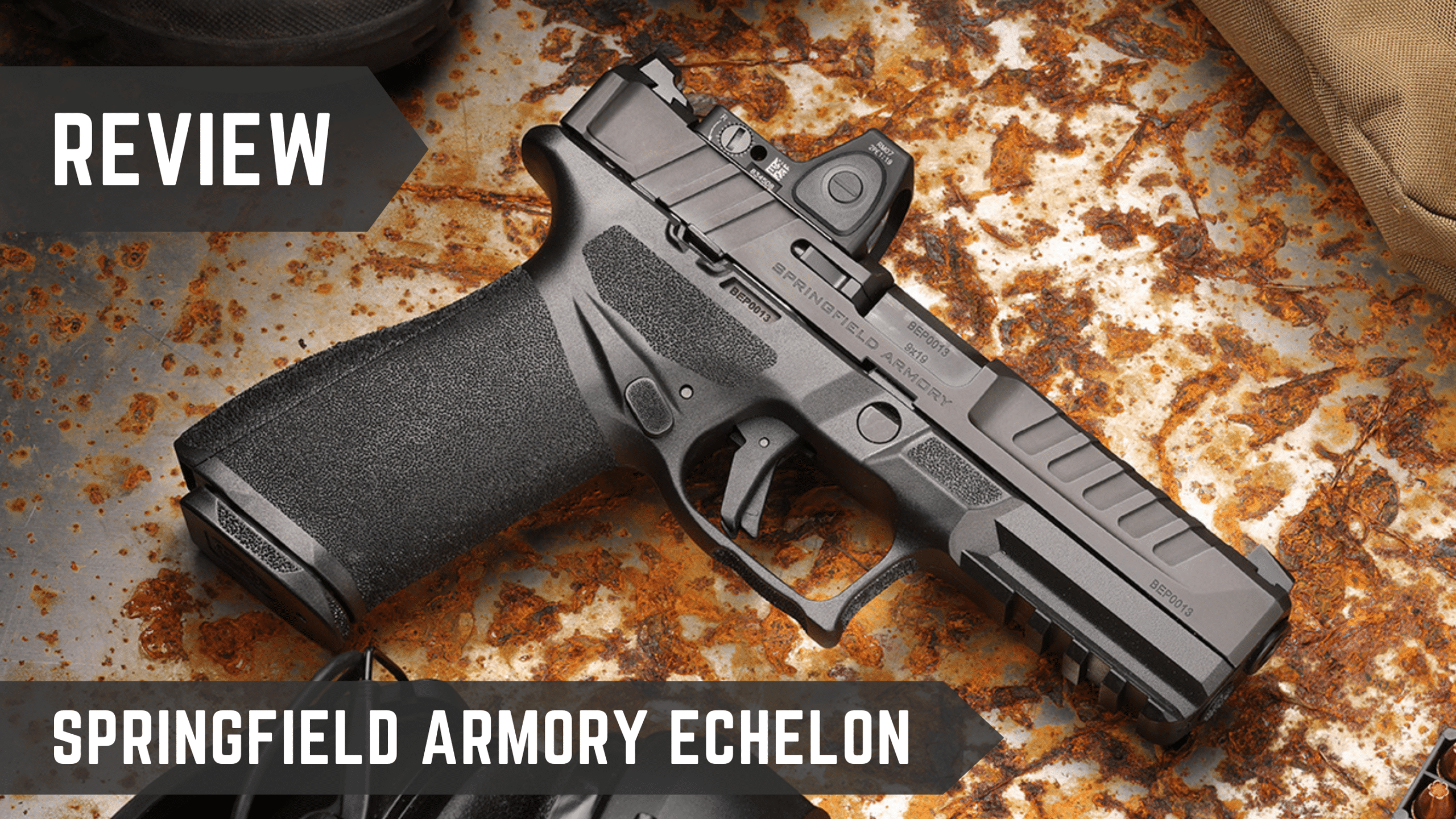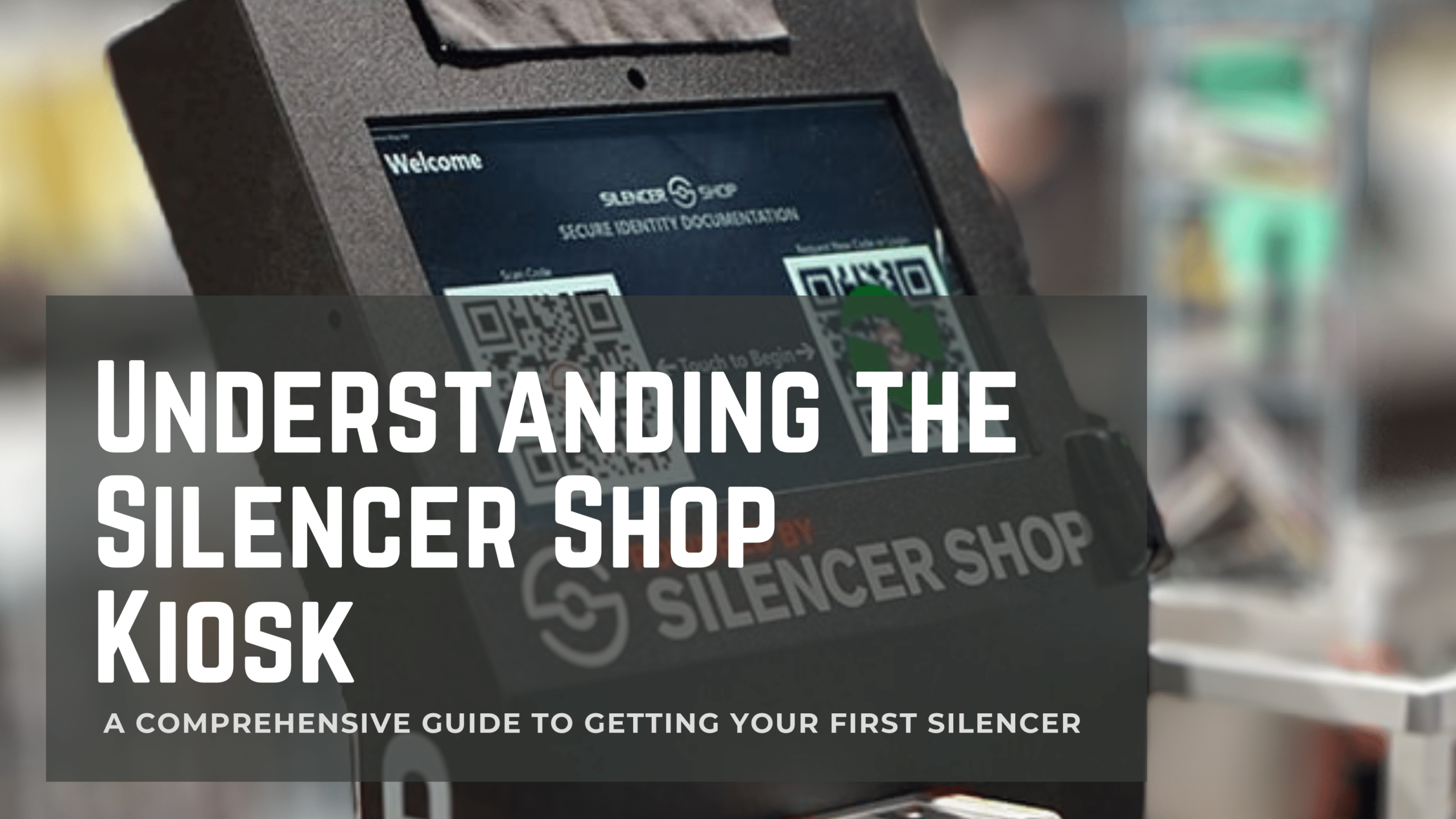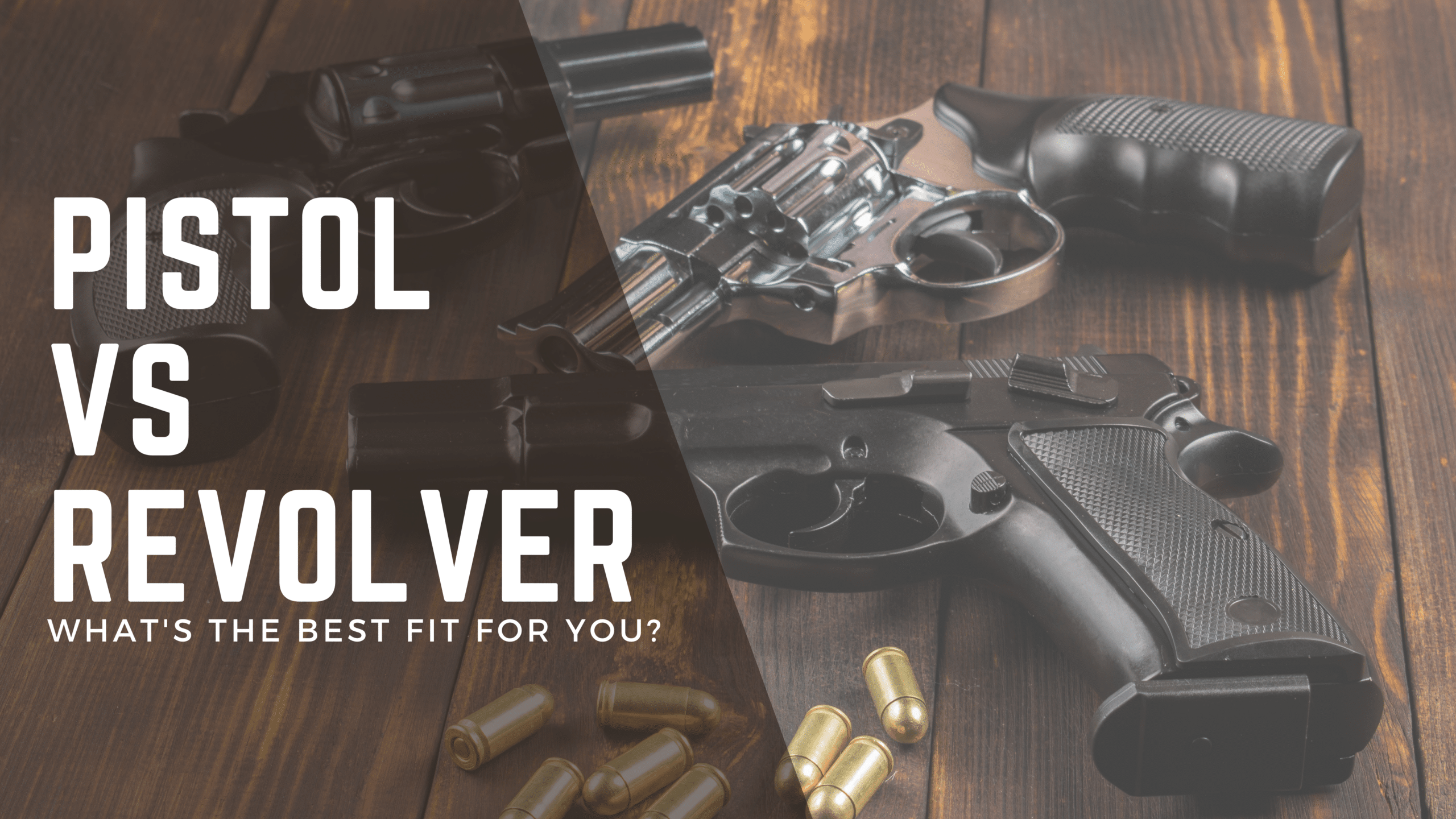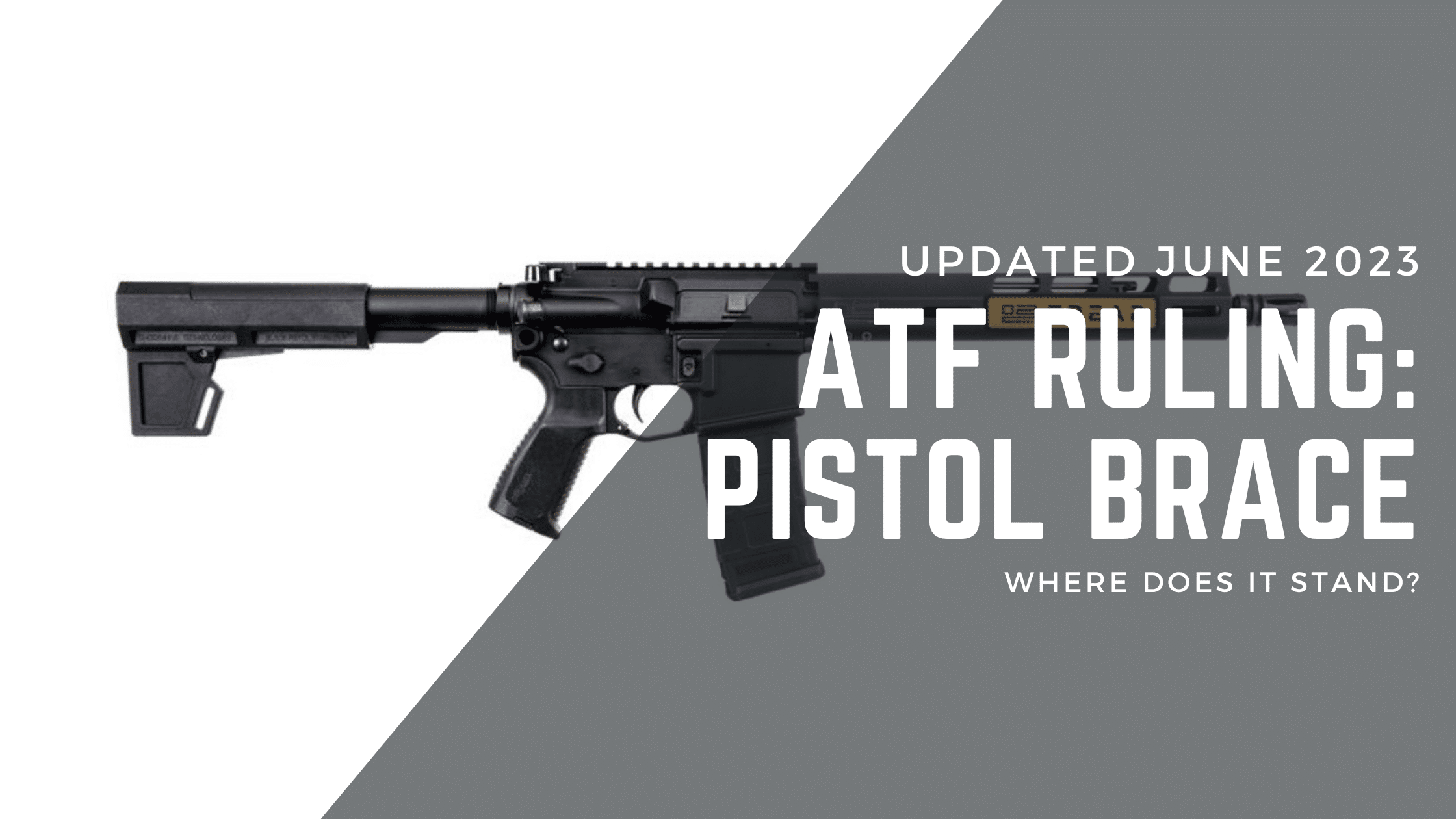Permitless Carry In Florida
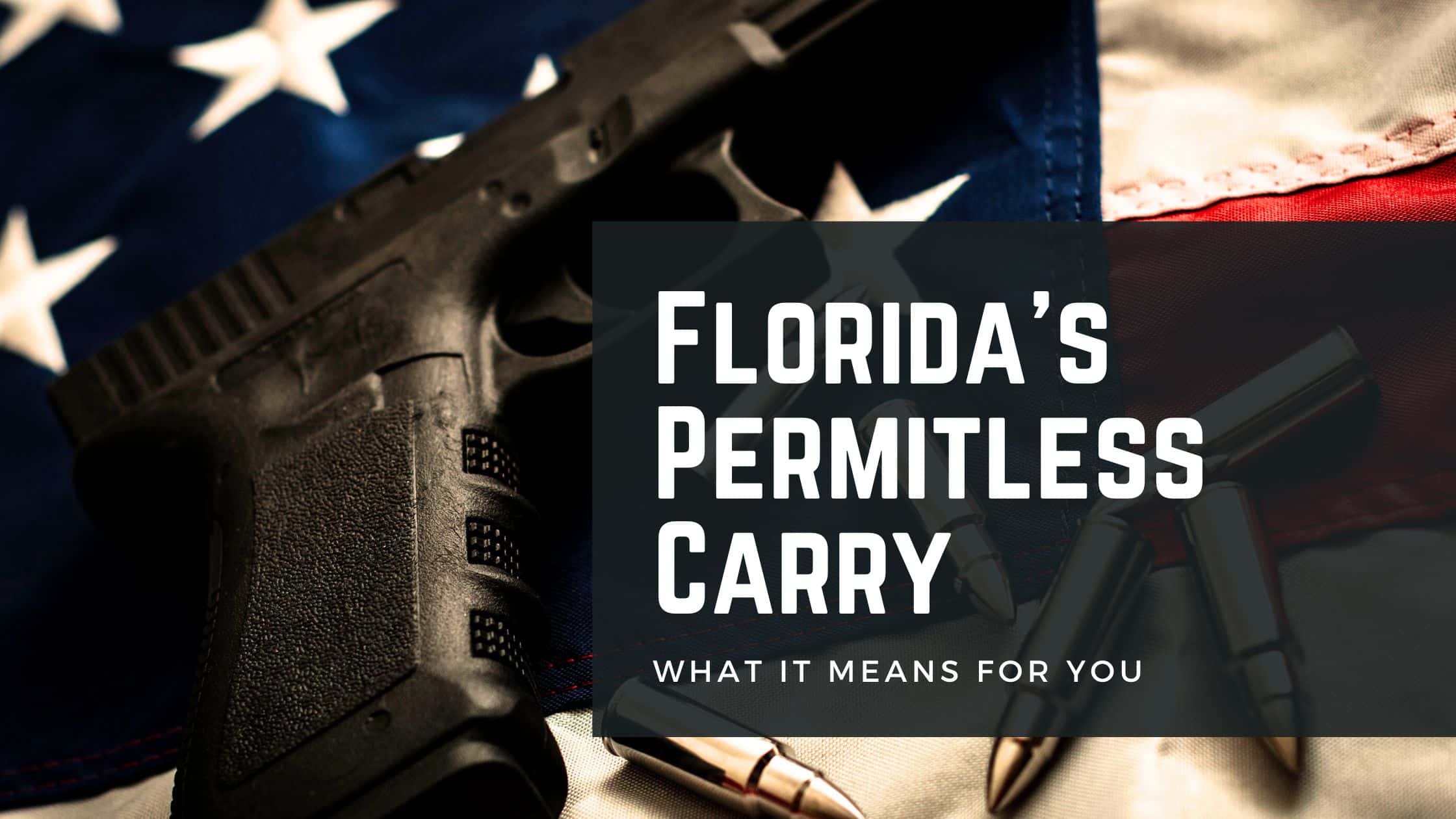
Permitless Carry vs. Constitutional Carry
What's the difference?
While often the terms constitutional carry and permitless carry are used interchangeably in discussions around the gun counter and behind the firing line at the range they are in fact slightly different. Constitutional carry means that a states law does not prohibit citizens who can legally possess a firearm from carrying one openly or in a concealed manner. These states do not require a permit however their constitutional carry requirements may be conditional where they have certain laws not prohibiting the open carry of a handgun but do require a permit to carry the handgun concealed.
Permitless carry which is what Governor Ron DeSantis signed into law via House Bill 543 on April 3rd 2023, Does not allow the open carry of a firearm. This new law in Florida allows people to carry a weapon concealed while in public without first getting a concealed weapons license. The previous restrictions in which you are allowed to carry a concealed weapon still apply but now there is no longer a requirement to go through the mandatory training certification and licensure process.
What does Permitless Carry mean in Florida?
While this new law allows for the carry of firearms and other lawful weapons concealed in public without a license it does require you to meet certain conditions. Most importantly any person who wishes to carry without a permit must still be able to meet all the requirements to actually get a permit and also are required to have a valid form of identification with them at all times whether they have a concealed weapons license or not.
In order to carry a handgun, an individual must be:
- Able to lawfully possess a handgun per federal law (e.g. not a felon or an individual with a conviction of domestic abuse) and any state requirements.
- Be in a place where the person has a legal right to be.
Do I still need a Concealed Weapon License in Florida?
While it will not be legally mandated to possess a concealed weapons license in Florida following July 1, 2023 there are still a number of benefits and advantages to obtaining a Concealed Weapon License from the state.
- Avoid a three to five day waiting period when purchasing your firearm. With a Concealed Weapon License you can purchase a firearm and take it home the same day after your background check clears with the FDLE.
- Have a concealed carry weapons license if you're traveling to a state that requires one and has reciprocity with Florida.
- Learn with certainty the rules for carrying a concealed weapon to avoid legal trouble and protect your rights.
- Understand your rights on when you can and can't use your firearm. Concealed Carry Classes cover the definitions, as recognized by the State of Florida, the Use of Force, Self-Defense, Castle Doctrine, and more.
- Develop your skills to responsibly carry a concealed firearm in public and be prepared to defend yourself.
To purchase a firearm from a gun store background checks are still required and there is a three-day waiting period, although individual counties and cities may extend them up to five days, for individuals who do not have a Concealed Weapons License.
What are the requirements for a Concealed Weapons License in Florida?
The requirements for a concealed weapons license in Florida have not changed under this new law and can still be found in Florida statute 790.01 titled "Carrying of a concealed weapons or concealed firearms". The requirements to obtain a concealed weapons license in Florida are:
- Be a resident of the United States and a citizen of the United States or a permanent resident alien of the United States, as determined by the United States Bureau of Citizenship and Immigration Services, or is a consular security official of a foreign government that maintains diplomatic relations and treaties of commerce, friendship, and navigation with the United States and is certified as such by the foreign government and by the appropriate embassy in this country;
- 21 years of age or older;
- Do not suffer from a physical infirmity which prevents the safe handling of a weapon or firearm;
- Have not been convicted of a felony;
- Have not been found guilty of a crime under the provisions of chapter 893 or similar laws of any other state relating to controlled substances within the last 3 years immediately preceding carrying concealed under permitless carry;
- Have not been Committed for the abuse of a controlled substance under chapter 397 or under the provisions of former chapter 396 or similar laws of any other state unless they An applicant have been granted relief from firearms disabilities pursuant to s. 065(2)(a)4.d. or pursuant to the law of the state in which the commitment occurred;
- Does not chronically and habitually use alcoholic beverages or other substances to the extent that his or her normal faculties are impaired. It shall be presumed that an applicant chronically and habitually uses alcoholic beverages or other substances to the extent that his or her normal faculties are impaired if the applicant has been convicted under s. 151 or has been deemed a habitual offender under s. 856.011(3), or has had two or more convictions under s. 316.193 or similar laws of any other state, within the 3-year period immediately preceding the date on which the application is submitted;
- Have not been adjudicated an incapacitated person under s. 331, or similar laws of any other state unless he or she has been granted relief from firearms disabilities pursuant to s. 790.065(2)(a)4.d. or pursuant to the law of the state in which the adjudication occurred;
- Have not been committed to a mental institution under chapter 394, or similar laws of any other state unless he or she has been granted relief from firearms disabilities pursuant to s. 065(2)(a)4.d. or pursuant to the law of the state in which the commitment occurred;
- Have not had adjudication of guilt withheld or imposition of sentence suspended on any felony unless 3 years have elapsed since probation or any other conditions set by the court have been fulfilled, or expunction has occurred;
- Have not had adjudication of guilt withheld or imposition of sentence suspended on any misdemeanor crime of domestic violence unless 3 years have elapsed since probation or any other conditions set by the court have been fulfilled, or the record has been expunged;
- Have not been issued an injunction that is currently in force and effect and that restrains the applicant from committing acts of domestic violence or acts of repeat violence;
- Is not prohibited from purchasing or possessing a firearm by any other provision of Florida or federal law;
- Have not been found guilty of, had adjudication of guilt withheld for, or had imposition of sentence suspended for one or more crimes of violence constituting a misdemeanor, unless 3 years have elapsed since probation or any other conditions set by the court have been fulfilled or the record has been sealed or expunged;
- Is not subject to a pending case including an arrest or being formally charged for a crime which would disqualify that person from having a CWFL;
- Have not been convicted of a second DUI, or a similar law of another state, within 3 years after a first DUI conviction or similar law of another state, even though the first violation may have occurred before the date on which the person began carrying under permitless carry;
Where are some resources to find out more?
USCCA Florida Concealed Carry Laws & Reciprocity
Senate Bill 150 / House Bill 543
Florida Concealed Carry Reciprocity
Concealed Carry and Traveling Guidance

